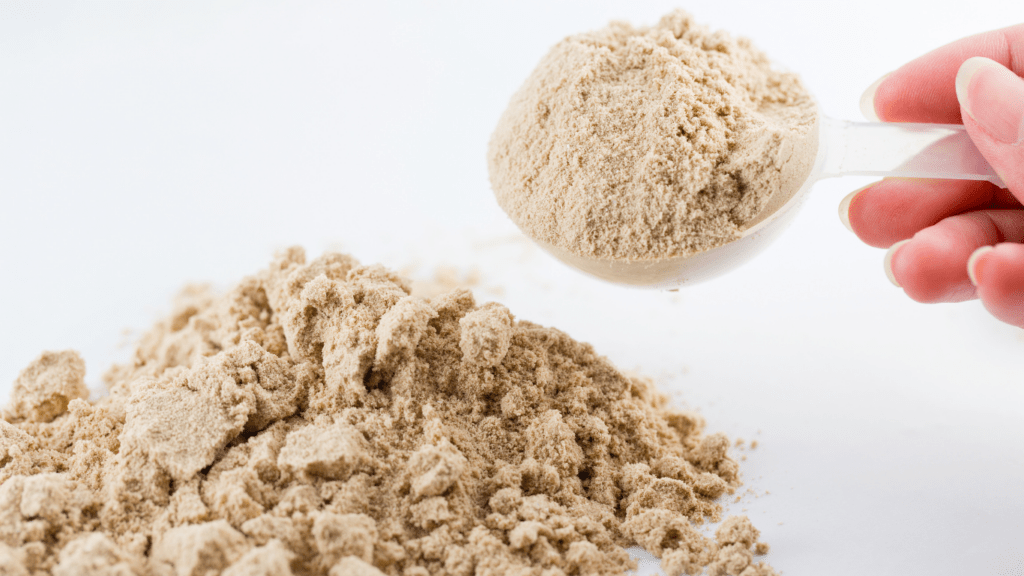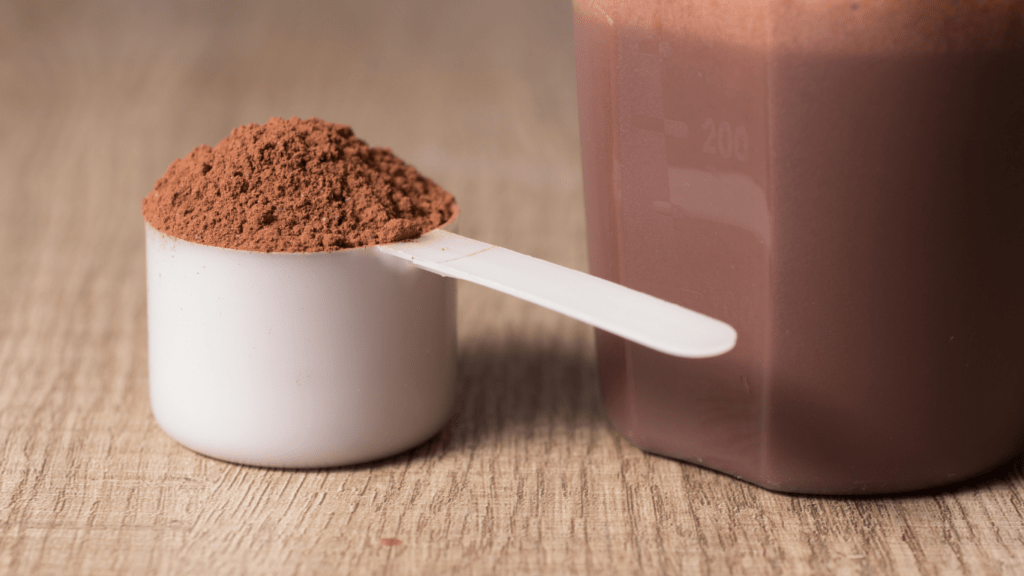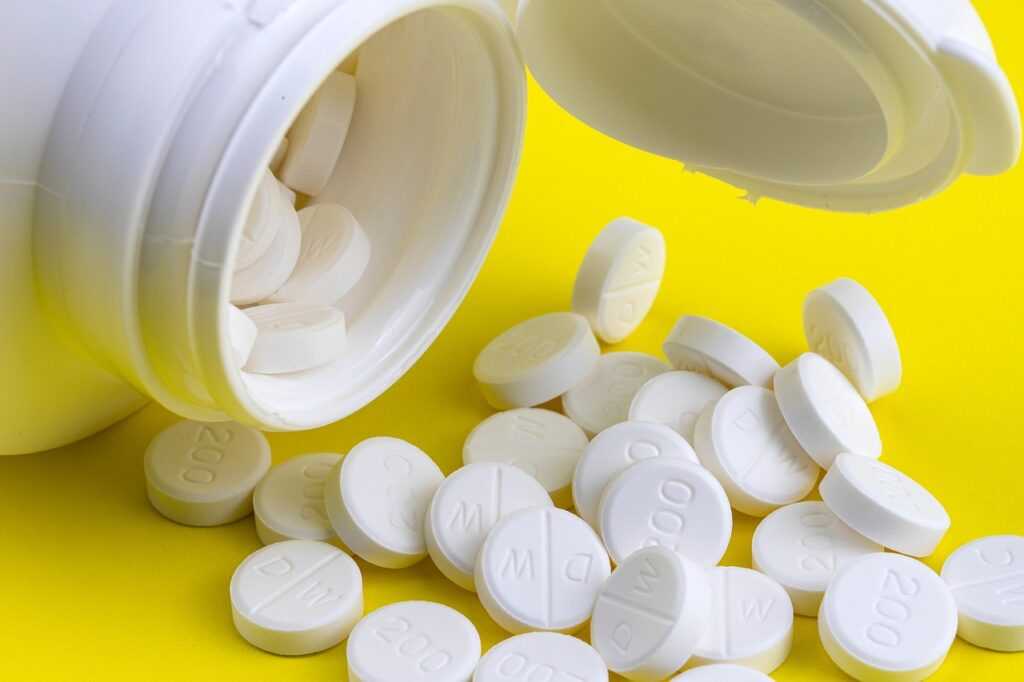Curious about the effectiveness of sports supplements? Dive into the world of performance-enhancing aids with me as I uncover what truly works and what falls short. From protein powders to pre-workout formulas, the market is flooded with options promising athletic prowess. But which ones are backed by science and which are just empty promises?
In this article, I’ll guide you through the maze of sports supplements, shedding light on the ones that can truly elevate your game and those that might not live up to the hype. With so many products claiming to boost strength, endurance, and recovery, it’s crucial to separate fact from fiction. Join me on this journey to discover the science behind sports supplements and make informed choices for your fitness goals.
Overview of Sports Supplements
Navigating the realm of sports supplements can be overwhelming with the multitude of products available in the market. As I delve into the effectiveness of various performance-enhancing aids, it’s crucial to distinguish between scientifically backed supplements and those with unverified claims. This exploration aims to empower readers to make informed choices to optimize their athletic performance and reach their fitness objectives.
Commonly Used Sports Supplements
When it comes to enhancing athletic performance, it’s essential to understand the role of commonly used sports supplements. Let’s delve into the science behind three key types of supplements: protein powders, creatine, and pre-workout supplements.
Protein Powders
Protein powders are a staple in many athletes’ diets, aiding in muscle recovery and growth. Whey protein, in particular, is quickly absorbed by the body, making it an ideal choice post-workout. Casein protein, on the other hand, provides a more sustained release of amino acids, beneficial for overnight muscle repair. Plant-based protein powders like pea or rice protein are excellent alternatives for individuals with dietary restrictions.
Creatine
Creatine is one of the most researched supplements for improving strength and power output. It works by replenishing adenosine triphosphate (ATP) stores in the muscles, allowing for increased energy production during high-intensity exercise. Creatine monohydrate is the most common and well-studied form, showing benefits in activities like weightlifting and sprinting. It’s essential to stay hydrated while supplementing with creatine to maximize its effectiveness.
Pre-Workout Supplements
Pre-workout supplements are designed to enhance energy, focus, and endurance during exercise. Ingredients like caffeine, beta-alanine, and citrulline malate are commonly found in these supplements to boost performance. Caffeine, a central nervous system stimulant, can improve alertness, while beta-alanine may reduce muscle fatigue by buffering lactic acid buildup. Citrulline malate aids in increasing nitric oxide production, leading to improved blood flow and nutrient delivery to muscles.
By understanding the science behind these commonly used sports supplements, athletes can make informed decisions to optimize their performance and reach their fitness goals.
Understanding the Effectiveness
Exploring the effectiveness of sports supplements is crucial for athletes looking to enhance their performance. It’s essential to differentiate between supplements backed by scientific evidence and those lacking credible support. By delving into the efficacy of key supplements such as protein powders, creatine, and pre-workout supplements, athletes can make informed decisions to optimize their training and achieve their fitness objectives. Understanding the impact of these widely-used sports supplements on muscle recovery, energy levels, and overall performance is key to maximizing athletic potential.
Potential Risks and Side Effects
Exploring the realm of sports supplements opens the door to various benefits, from muscle recovery to enhanced performance. However, it’s crucial to acknowledge that along with these advantages, there can be potential risks and side effects associated with certain supplements. Understanding these risks is paramount for athletes looking to optimize their performance without compromising their health.
- Protein Powders:
Protein powders are widely popular among athletes for their role in muscle repair and growth. While generally considered safe when consumed within recommended limits, excessive protein intake can lead to digestive issues such as bloating, cramps, and even kidney damage. It’s essential to follow dosage guidelines and prioritize whole food sources of protein to avoid overconsumption. - Creatine:
Creatine is renowned for its ability to enhance strength and power during high-intensity workouts. Despite its efficacy, some individuals may experience side effects like stomach cramps, dehydration, and weight gain due to water retention. Staying adequately hydrated and cycling creatine use can help mitigate these risks and maximize its benefits. - Pre-Workout Supplements:
Pre-workout supplements are designed to boost energy, focus, and endurance during training sessions. While they can provide a performance edge, certain ingredients like caffeine in high doses may lead to jitteriness, insomnia, and increased heart rate. Athletes sensitive to stimulants should be cautious when using pre-workout supplements and consider lower-stimulant alternatives.
By being cognizant of the potential risks and side effects associated with sports supplements, athletes can make informed choices to support their fitness journey effectively. Prioritizing safety, moderation, and consulting with healthcare professionals or nutrition experts can help mitigate any adverse effects and ensure a balanced approach towards supplement usage.




